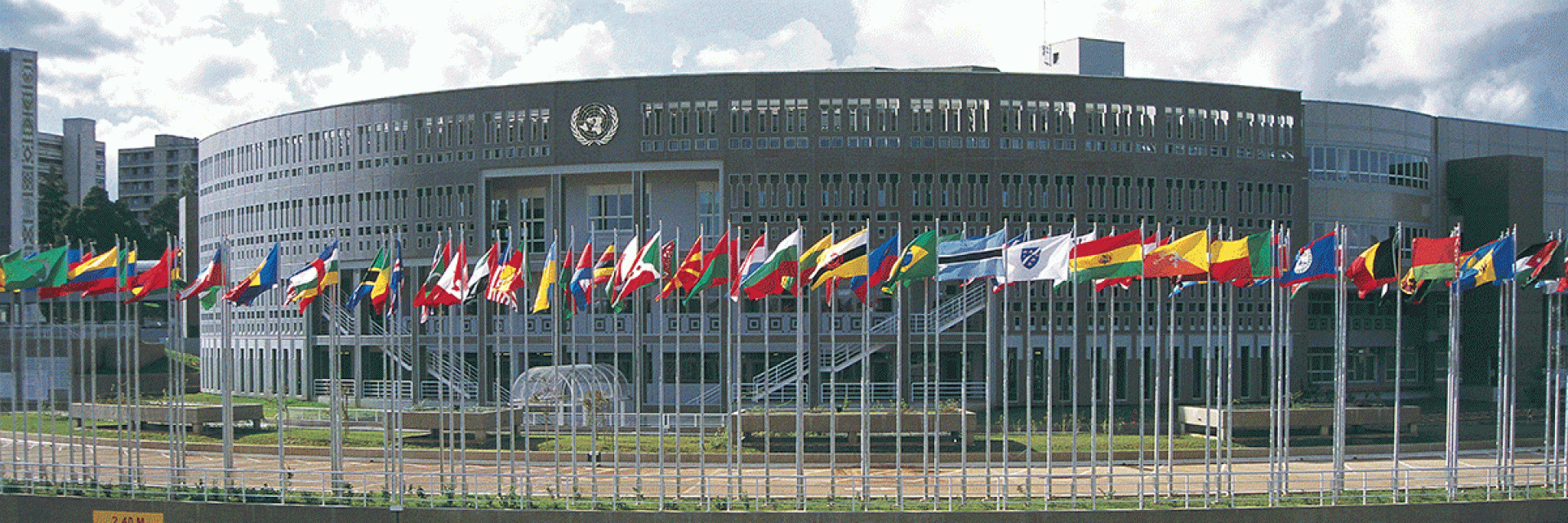From 8-10 June 2022, economic modelling, trade, and development experts from around the world met virtually for the 25th Annual Conference on Global Economic Analysis hosted by the Center for Global Trade Analysis (GTAP) at Purdue University, USA, and the United Nations Economic Commission for Africa (ECA). On 9 June 2022, the ECA Sub-Regional Office for Central Africa (SRO-CA) hosted an organized session on trade, industrialization, and economic diversification in the context of the implementation of the AfCFTA in Central Africa.
https://www.gtap.agecon.purdue.edu/events/Conferences/2022/index.aspx
The session was chaired by the ECA Regional Integration and Trade Director Mr. Stephen Karingi and began with a presentation by SRO-CA Director a.i. Jean Luc Mastaki, presenting an overview of the potential of the AfCFTA for Central Africa. Mr. Mastaki discussed the importance of the AfCFTA, the largest trade area in the world, for integrating markets and developing intraregional trade which is still very low in Central Africa. Mr. Mastaki described how resource dependance and low economic diversification expose economies in Central Africa to vulnerability to exogenous shocks and underlined the critical role of a bigger and well-integrated regional market in fostering industrialization and economic diversification.
Following, Mr. Martin Cameron, Director of Trade Research Advisory, North-West University (NWU), South Africa, presented research with the SRO-CA on export diversification and the implementation of the TRADE-DSM model to identify new opportunities for Economic Community of Central African States (ECCAS) member countries. Preliminary results revealed the untapped potential of export opportunities to double exports within Central Africa and to grow exports by nearly threefold to the rest of the African continent. Mr. Cameron highlighted the importance of aligning trade and industrialization strategies.
To wrap up the session, Ms. Caitlyn Carrico, Economic Affairs Officer at the SRO-CA, presented preliminary research on the macro-economic and sectoral-level effects of the AfCFTA on economies, implementing the newest preliminary version of the GTAP Database with country coverage for ECCAS members expanded from 2 to 7 countries by the ECA African Trade Policy Center (ATPC). Ms. Carrico discussed the results of the AfCFTA analysis performed with the GTAP model which showed export-driven GDP growth across the subregion. Ms. Carrico also presented an ongoing joint project with the ATPC, the ECA African Centre for Statistics, and the ECA Sub-Regional Office for Southern Africa to complete country coverage across ECCAS members within the GTAP Database.
Overall, the session highlighted the ongoing joint initiatives across the ECA and with partners to provide evidence-based policy advice. Preliminary research results demonstrated the potential of the AfCFTA as a platform for countries in Central Africa to diversify their production and export portfolios. Ongoing projects will take the research one step further to increase representation of Central African economies in major international databases, a key step to ensuring the development of evidence-based policies for countries across the sub-region.

